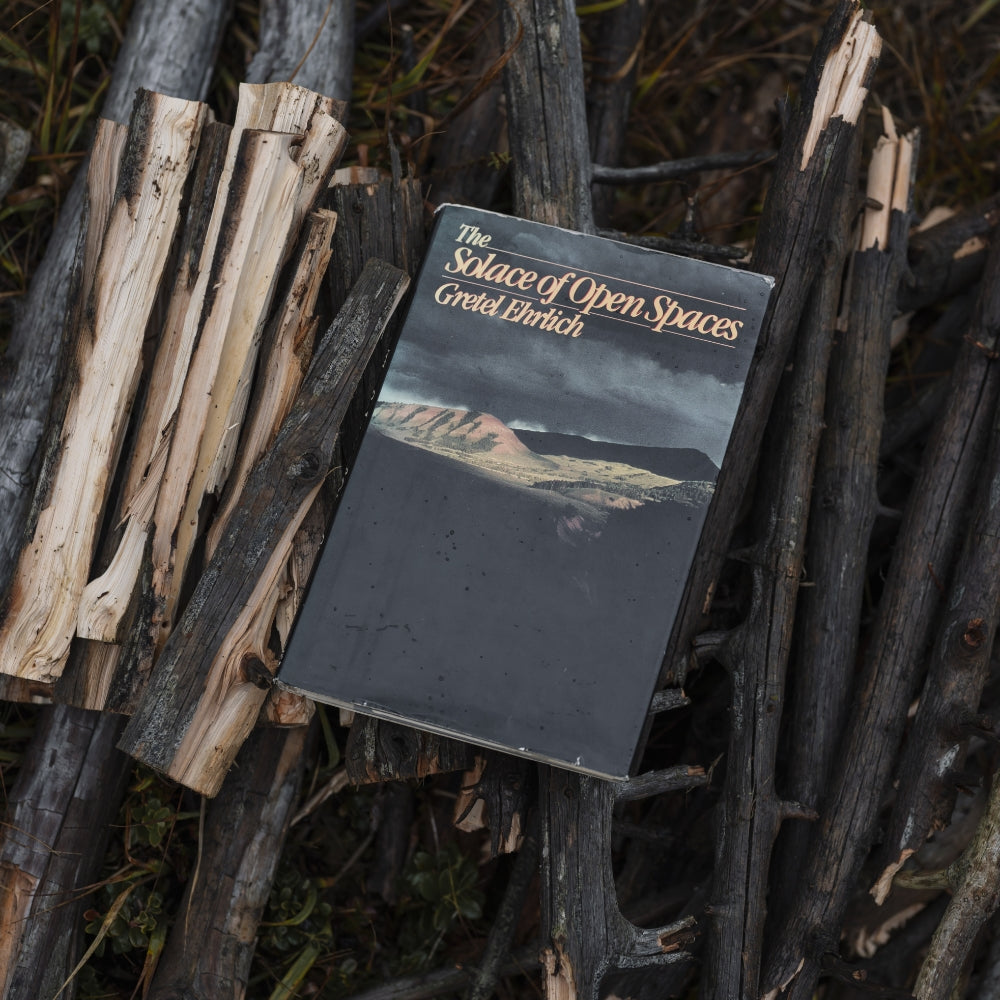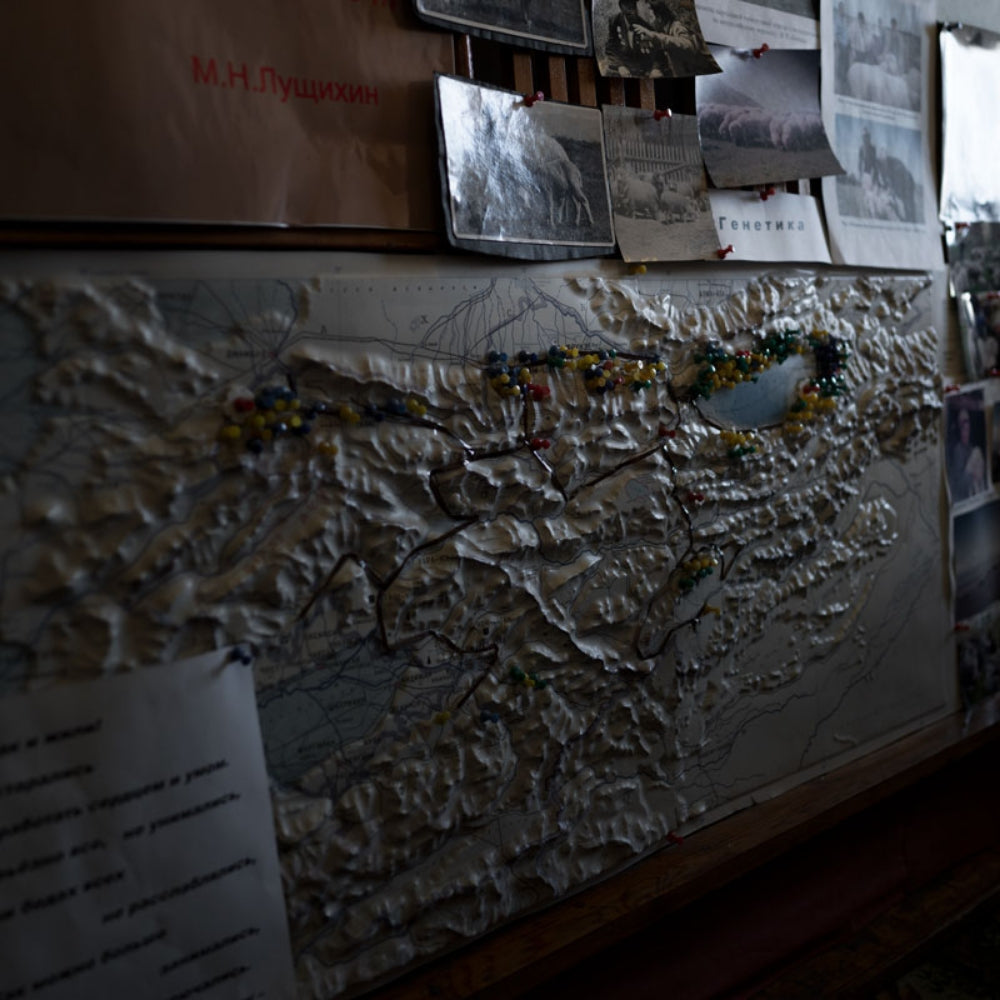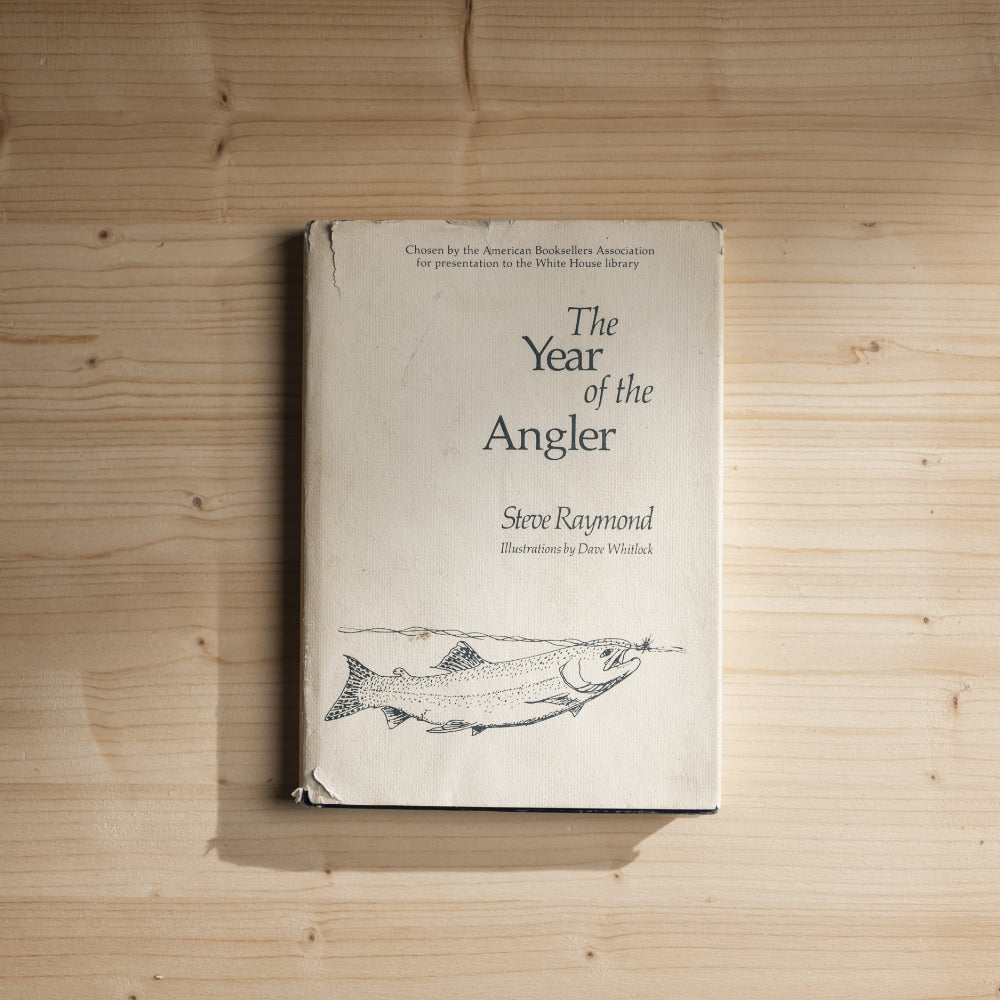"The Oregon Trail" by Francis Parkman is a vivid, firsthand account of a journey across the American frontier in the mid-19th century, providing readers with a window into the past that is both enlightening and immersive. Parkman, an aspiring historian and an intrepid explorer at heart, undertook this expedition in 1846, traversing the rugged landscapes that would become the iconic Oregon Trail. His narrative combines the keen observations of a naturalist with the prose of a poet, capturing the immense beauty, danger, and sheer vastness of the American West.

Parkman's journey is not just a simple travelogue; it is a deep exploration of the American character and spirit. Through encounters with Native American tribes, trappers, pioneers, and the majestic landscapes of the Great Plains and Rocky Mountains, he offers insights into the complexity and challenges of westward expansion. Parkman's descriptions of the people he meets are nuanced and respectful, providing a counterpoint to the often monolithic portrayals of Native Americans and pioneers in other contemporary accounts.
The strength of "The Oregon Trail" lies in its detailed and evocative descriptions of the natural world. Parkman's ability to bring to life the rolling prairies, towering mountains, and untamed rivers of the West is unparalleled. His observations of flora, fauna, and the changing seasons serve as a poignant reminder of the wild beauty that once dominated the American landscape. Through his eyes, we witness the grandeur and the peril of the frontier, from breathtaking vistas to close encounters with grizzly bears.
Yet, it is not just the physical journey that captivates the reader, but also the internal voyage of discovery that Parkman undergoes. His reflections on solitude, survival, and the meaning of progress are as relevant today as they were in his time. The narrative is a meditation on the human condition, exploring themes of freedom, adventure, and the relentless push towards the unknown.
"The Oregon Trail" is recommended for anyone with a love of history, adventure, and the natural world. Parkman's masterpiece is more than a historical document; it is a celebration of the indomitable spirit of exploration and the enduring allure of the American West. It serves as a reminder of the landscapes and legacies that have shaped the American identity, offering a timeless reflection on the complexities of progress and the simple beauty of the natural world.











